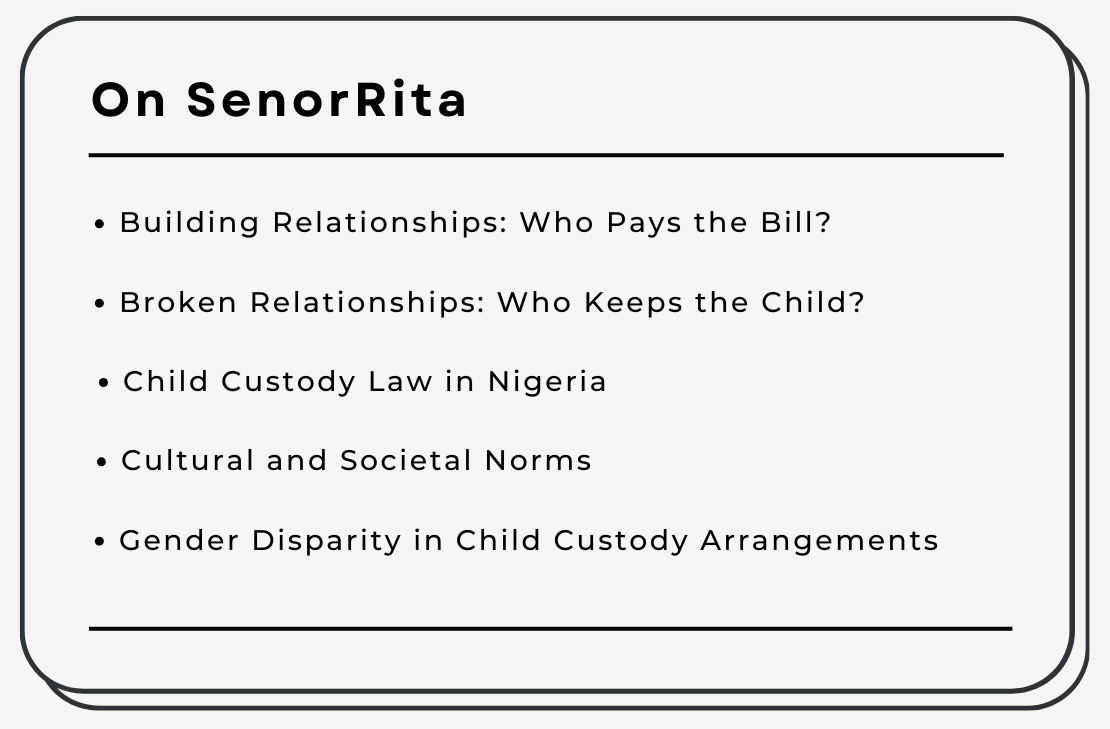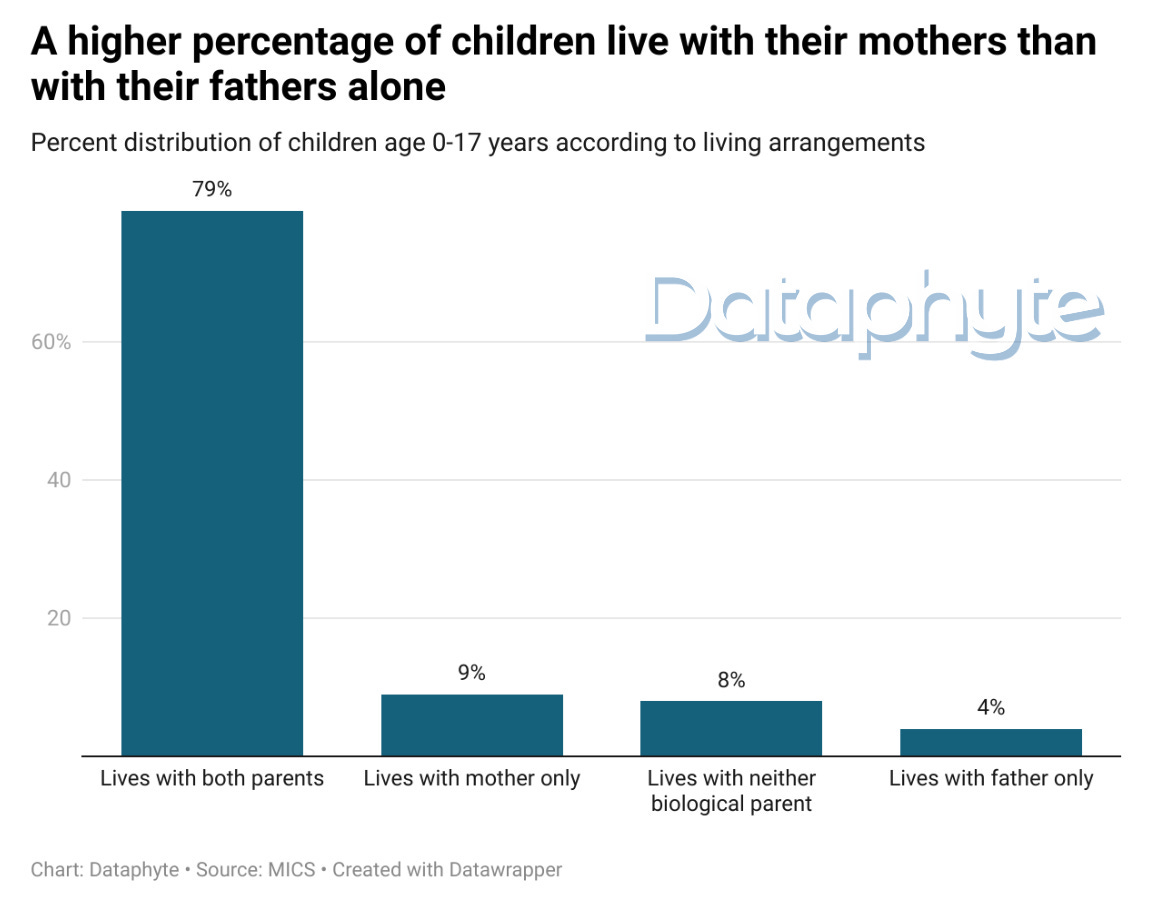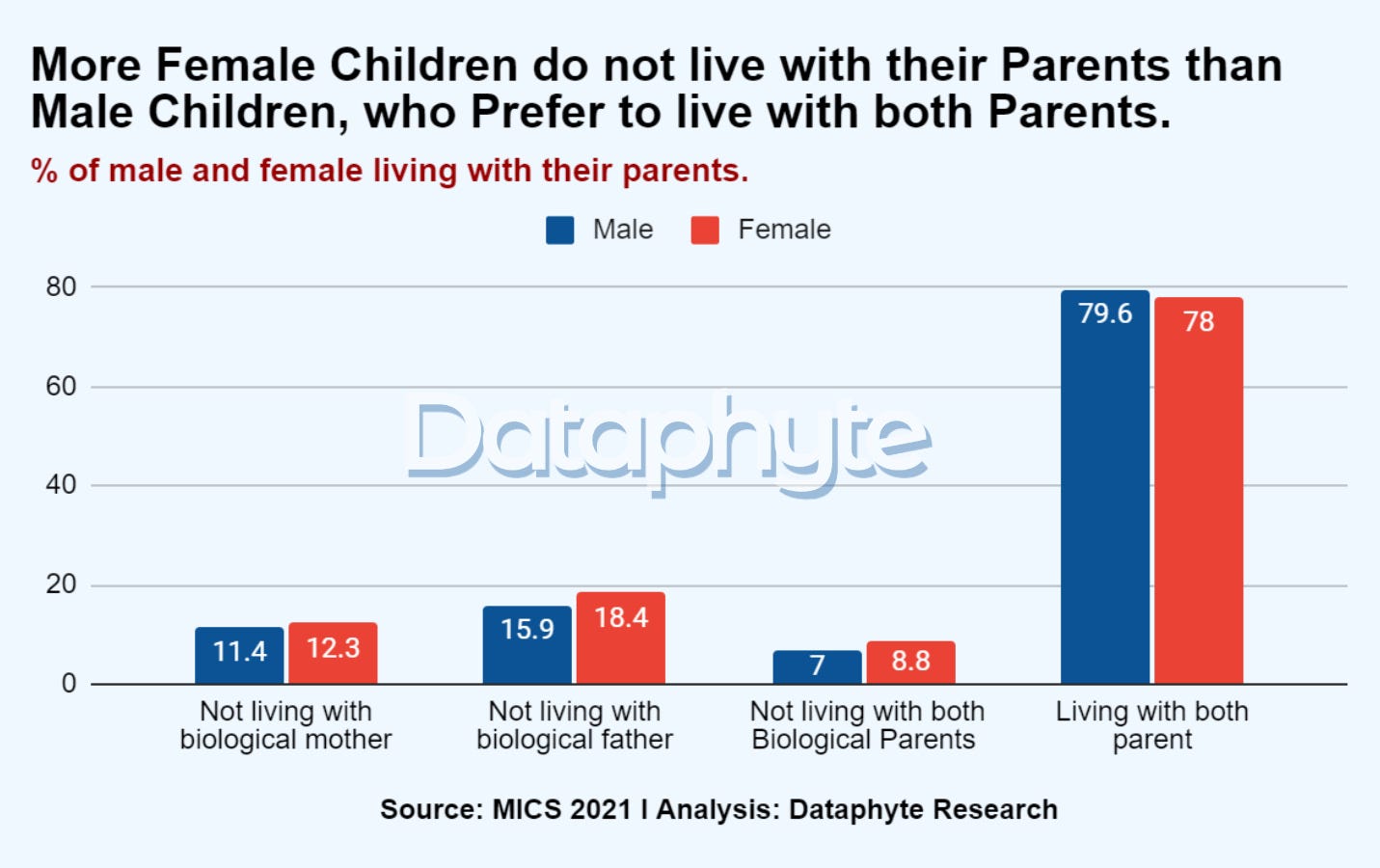ICYMI: Building Relationships: Who Pays the Bill?
+Broken Relationships: Who Keeps the Child?
In dating and conjugal relationships between men and women, there have been arguments and conversations about whose responsibility it is to meet the financial needs of the partners or of the family.
Research shows that when it comes to money and relationships, unmet expectations can cause a lot of conflict:
‘‘The easiest way to feel unfulfilled and unsatisfied with your spouse can be when you expect finances to go a certain way and it doesn’t.
‘‘There is no right or wrong way to split bills. It's all about open communication and what's important to each person. It's perfectly normal to split any bill, whether an electricity bill or a dinner bill — but you don't have to split every bill every time.’’
However, some have argued that the coming together of a man and woman should not be for mercantile transactions.
Who pays the bills such as house rent, school fees, feeding allowance, and other important bills has been severely debated.
While some believe men and women in marriage ought to split the bills, others believe the man is fully responsible.
For instance, a married woman known as ‘NurseMJ’ on X believes that a man is the head of the family, and he should be buoyant enough before he gets married.
She said ‘‘Splitting bills is a very important discussion. It should come earlier in dating. I’m against any woman splitting bills with any man. I don’t care about the percentage. It will never make sense to me.’’
For MEL, she believes ‘‘Women birthing children, being the primary caregiver, working full time, doing housework, and having to split bills don’t sound like equality.”
Mr Budget Bill opined: ‘‘If you are married and splitting the bills 50/50 every month, you are living like roommates, not like a married couple.’’
Broken Relationships: Who Keeps the Child?
The high-profile custody dispute between Nigerian music star David Adeleke, popularly known as Davido, and Sophia Momodu over their nine-year-old daughter has reignited discussions about the criteria for awarding custody to parents in Nigeria.
This case demonstrates the complexities of custody judgments, amidst considerations to ensure the child's best interests.
Child custody is defined as the right to the care and control of a child, including the ability to make decisions regarding the child’s upbringing.
According to the 2021 MICS, a higher proportion of children surveyed lived with both parents, however, for children living with a single parent, more lived with their mothers alone rather than their fathers alone.
Nine per cent of children live with their mothers alone while 4 per cent of children live with their single fathers, showing single mothers lead single fathers by 5% in terms of child custody.
The higher prevalence of children living with their moms following separation or divorce in Nigeria is due to a combination of cultural norms, practical caregiving roles, and religious beliefs.
While each case is unique, and courts strive to make decisions in the best interests of the child, these reasons all contribute to the tendency for children to live with their mothers more frequently than with their fathers.
Child Custody Law in Nigeria
Child custody in Nigeria is governed mainly by the Matrimonial Causes Act (MCA) and the Child Rights Act (CRA).
There is a joint responsibility for parents who are living together, but for those who are divorced, the law permits them to make their own decisions to protect the child’s right.
The Matrimonial Causes Act (MCA) primarily addresses custody issues stemming from divorce between legally married couples. Under the MCA, the best interests of the child come first. Courts consider criteria such as the child's age, needs, and each parent's ability to provide them.
Custody can also be granted to either parent based on who can best promote the child's well-being.
Non-custodial parents are typically permitted visitation privileges, unless it is judged harmful to the kid.
The Child Rights Act (CRA) establishes a larger framework for safeguarding children's rights, emphasising the best interests principle states that all decisions should be made with the child's best interests in mind.
Courts may order custody, guardianship, or foster care arrangements that are in the best interests of the child.
Cultural and Societal Norms
In Nigerian society, women are generally viewed as the primary carers in charge of the day-to-day nurturing and upbringing of children. This cultural norm affects both society expectations and judicial choices.
Research suggests distinct differences in the protective instincts of mothers and fathers towards their children, which manifest in how each parent approaches their child's interaction with the outside world and potential dangers.
Mothers often view the rest of the world as a potential threat to their children.
Their traditional emphasis is on shielding their children from harm, such as bullies and strangers, environmental hazards like mean dogs, accidents, and diseases.
This protective approach focuses on preventing children from experiencing any form of hurt or distress.
Fathers, while also protective, typically focus on preparing their children to cope with external dangers.
They emphasize educating children on how to recognize and handle dangerous situations, teaching practical skills to deal with bullies, dangerous animals, and environmental hazards like lightning and falls, and fostering resilience and problem-solving abilities to equip children for real-world challenges.
Both maternal protection and paternal preparation are essential for a child's well-being, offering a balanced approach to navigating life's dangers.
Gender Disparity in Child Custody Arrangements
Data from the Multiple Indicator Cluster Survey (MICS) 2021 reveals a slight gender disparity in the living arrangements of children in Nigeria.
According to the survey, 78% of female children live with both parents, compared to 79.6% of male children.
Aside from that, more female children do not live with both of their biological parents than male children - 88 in 1000 (or 8.8% of) female children do not live with their biological parents, while the figure is 70 in 1000 (or 7% of) male children.
Also, 123 in 1000 (12.3% of) female children do not live with their biological mothers, compared to 114 in 1000 (11.4% of) male children who live with their mothers.
Thanks for reading this edition of SenorRita. It was written by Kafilat Taiwo and Khadijah Kareem. It was edited by Oluseyi Olufemi.





